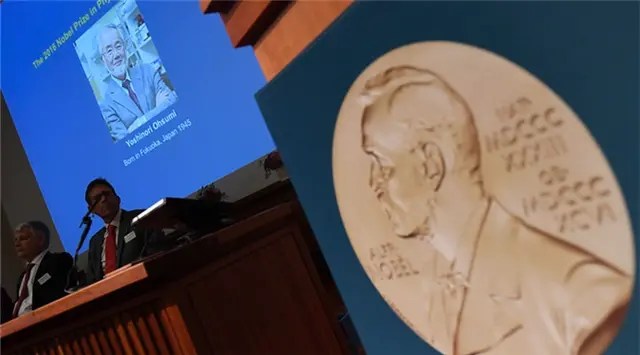Yoshinori Ohsumi, an honorary professor at the Tokyo Institute of Technology, is this year's winner of the Nobel Prize in Physiology or Medicine for his work in the field of cell repair.
The Nobel Assembly at Karolinska Institute in Stockholm announced on Oct. 3 that Ohsumi was awarded the prize for "his discoveries of mechanisms of autophagy."
Autophagy is a process in which a cell degrades part of itself to recycle nutrients or as a part of its metabolism. The process is a fundamental physiological process commonly found among various organisms.
Yoshinori Ohsumi is this year's winnerof the Nobel Prize in Physiology or Medicine. Photo: en.freshnewsasia.com
This year marks the second consecutive one in which a Japanese scientist has won the Nobel Prize in Physiology or Medicine. In 2015, Satoshi Omura, a distinguished professor emeritus at Kitasato University in Tokyo, won the prize for his work in eradicating parasitic diseases.
Ohsumi is the fourth Japanese to win the Nobel Prize in Physiology or Medicine, following Susumu Tonegawa, a professor at the Massachusetts Institute of Technology in 1987, Kyoto University professor Shinya Yamanaka, a pioneer of stem cell research in 2012, and Omura.
The awards ceremony will be held in Stockholm on Dec. 10 when Ohsumi will be awarded the cash prize of 8 million Swedish krona (94 million yen, or $930,000).
(THE ASAHI SHIMBUN)
 简体中文
简体中文

